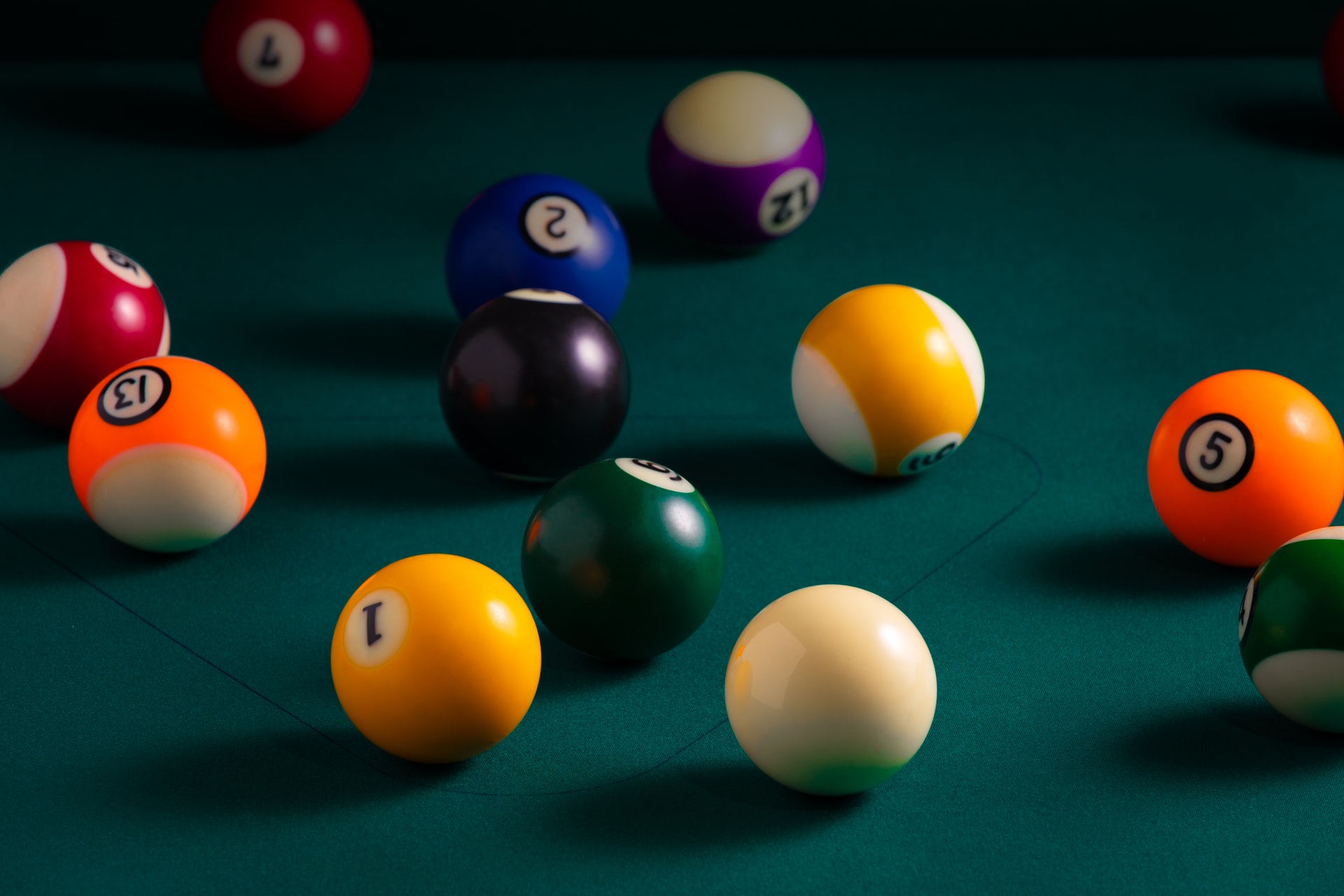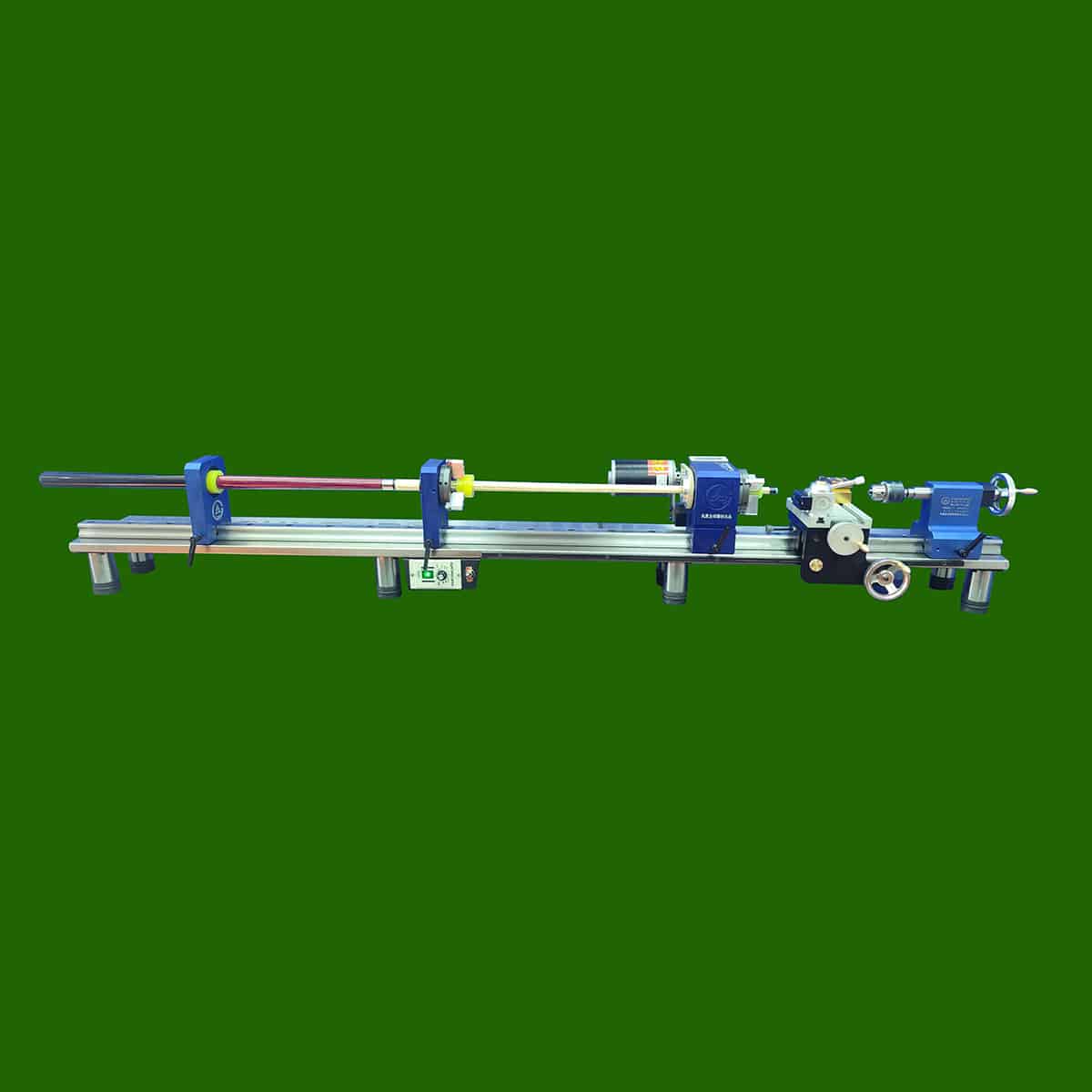Imagine walking into a pool hall, cue in hand, ready to dominate the table. But wait—what if your cue isn’t up to the task? Choosing the best cue for pool can make all the difference between a casual player and a true champion. In this guide, we’ll dive deep into everything you need to know about selecting the perfect pool cue, so you’re not just playing but crushing it like a pro.
Pool isn’t just about aiming and hitting balls; it’s an art form that requires precision, technique, and the right tools. Your cue stick is your weapon, and having the best one can elevate your game exponentially. Whether you’re a beginner or a seasoned player, finding the ideal cue can transform your experience on the table.
So, buckle up as we explore the world of pool cues, breaking down factors like weight, material, design, and more to help you find the best cue for pool that suits your style. Let’s get started!
Read also:Hd Hub 4you Your Ultimate Destination For Highquality Entertainment
Table of Contents
- Understanding Pool Cues: What Makes Them Tick?
- Key Criteria for Selecting the Best Cue for Pool
- Materials Matter: Choosing the Right Cue Material
- Finding Your Sweet Spot: Cue Stick Weight
- Design and Aesthetics: Does It Really Matter?
- Top Brands: Who Makes the Best Pool Cues?
- Staying Within Budget: Affordable vs Premium Cues
- Cue Care 101: Keeping Your Stick in Tip-Top Shape
- Pro Tips for Maximizing Your Cue’s Performance
- Wrapping Up: Finding Your Perfect Pool Cue
Understanding Pool Cues: What Makes Them Tick?
Before we jump into the nitty-gritty of what makes the best cue for pool, let’s take a step back and understand what exactly a pool cue is. A pool cue is essentially a long stick designed specifically for striking billiard balls during a game of pool. But there’s more to it than meets the eye. The quality of your cue affects everything from accuracy to power and even comfort.
The anatomy of a pool cue includes several components:
- Shaft: The front part of the cue that comes into contact with the ball. It’s crucial for controlling spin and accuracy.
- Joint: Where the shaft connects to the butt of the cue. A sturdy joint ensures stability and balance.
- Butt: The rear end of the cue where you grip it. This part often features intricate designs and weights.
- Tip: The soft leather part at the end of the shaft. A good tip is essential for maintaining control over your shots.
When shopping for the best cue for pool, understanding these parts will help you make an informed decision. Now that we’ve got the basics down, let’s move on to the key factors that define a great cue.
Key Criteria for Selecting the Best Cue for Pool
So, how do you know which cue is the best for you? There are several factors to consider, and they vary depending on your skill level and preferences. Here’s a quick rundown of what to look out for:
1. Skill Level
Beginners and pros have different needs. For starters, a forgiving cue with a medium weight and soft tip might be ideal. On the other hand, experienced players might opt for something heavier with a harder tip for more control and power.
2. Comfort
Let’s face it—playing pool for hours can get tiring. That’s why comfort is key. Look for cues with ergonomic grips and materials that don’t slip in your hands, especially when you start sweating.
Read also:Prmovies The Ultimate Guide To Movie Downloads Streaming And More
3. Precision
Precision is everything in pool. A high-quality shaft with a consistent taper can significantly improve your aim and accuracy. Make sure the tip is well-aligned and doesn’t wear out too quickly.
Materials Matter: Choosing the Right Cue Material
Now let’s talk about materials. The material of your cue stick plays a huge role in its performance. Here are some common materials used in pool cues:
- Maple: Known for its light weight and smooth feel, maple cues are great for beginners and players who prefer a lighter stick.
- Hardwood: Hardwoods like ash and mesquite offer a solid, durable option for those who want a heavier cue.
- Fiberglass/Carbon Fiber: These modern materials provide excellent durability and resistance to warping, making them perfect for players who travel frequently.
Ultimately, the material you choose should align with your playing style and personal preference. Don’t be afraid to try different options before settling on one.
Finding Your Sweet Spot: Cue Stick Weight
Weight is another critical factor when selecting the best cue for pool. Most cues range from 18 to 21 ounces, but the ideal weight varies from player to player. A lighter cue allows for quicker strokes, while a heavier cue provides more power and stability.
Here’s a simple guide to help you decide:
- 18-19 oz: Ideal for beginners or players who prioritize speed and agility.
- 19-20 oz: A balanced option for intermediate players who want a mix of power and control.
- 20-21 oz: Perfect for advanced players who need extra power for complex shots.
Remember, the weight of your cue should feel natural in your hand. If it feels too heavy or too light, it might not be the best fit for you.
Design and Aesthetics: Does It Really Matter?
Let’s be honest—looks do matter, even in pool cues. While aesthetics might not directly impact performance, having a cue that reflects your personality can boost your confidence on the table. From classic wooden finishes to flashy inlays and vibrant colors, there’s something for everyone.
That said, don’t sacrifice functionality for style. Make sure the design doesn’t compromise the cue’s balance or durability. After all, you want a cue that looks good and performs great.
Top Brands: Who Makes the Best Pool Cues?
When it comes to the best cue for pool, certain brands stand out from the crowd. Here are a few top contenders:
- Sweet Spot: Known for their innovative designs and excellent craftsmanship, Sweet Spot cues are a favorite among professionals.
- McDermott: With a reputation for quality and luxury, McDermott cues are often seen on tournament tables worldwide.
- Meucci: A trusted name in the pool community, Meucci offers a wide range of cues catering to all skill levels.
Do your research and read reviews to find the brand that aligns with your needs and budget.
Staying Within Budget: Affordable vs Premium Cues
Not everyone has the budget for a high-end cue, and that’s okay. Affordable cues can still deliver great performance if you know what to look for. Here are some tips:
- Look for Deals: Keep an eye out for sales and discounts on reputable brands.
- Focus on Essentials: Prioritize factors like weight, material, and balance over fancy designs.
- Consider Used Cues: Well-maintained second-hand cues can offer excellent value for money.
Remember, spending more doesn’t always guarantee better performance. It’s all about finding the right cue for your needs.
Cue Care 101: Keeping Your Stick in Tip-Top Shape
Investing in the best cue for pool is only half the battle. Proper maintenance is crucial to ensure your cue lasts long and performs well. Here are some care tips:
- Clean Regularly: Wipe down your cue after every use to remove dirt and oils.
- Store Properly: Use a cue case or wall rack to protect your cue from damage and warping.
- Replace Worn Parts: Check your tip, ferrule, and joint regularly and replace them as needed.
A well-maintained cue is a happy cue, so don’t neglect this important step.
Pro Tips for Maximizing Your Cue’s Performance
Ready to take your game to the next level? Here are some pro tips to get the most out of your cue:
- Practice Consistency: Develop a consistent pre-shot routine to improve accuracy.
- Experiment with Tips: Try different tip hardness to see what works best for your style.
- Adjust Weight: Use weight bolts to tweak the balance of your cue for personalized comfort.
By fine-tuning these elements, you’ll be able to maximize your cue’s potential and enhance your overall gameplay.
Wrapping Up: Finding Your Perfect Pool Cue
Choosing the best cue for pool is a personal journey that depends on your skill level, preferences, and budget. By considering factors like material, weight, design, and maintenance, you can find a cue that suits your style and elevates your game. Remember, the right cue can make all the difference, so take your time and make an informed decision.
Now it’s your turn! Share your thoughts in the comments below. What’s your favorite cue? Any tips for fellow players? And don’t forget to check out our other articles for more pool-related insights. Happy shooting, and may your next game be your best yet!


